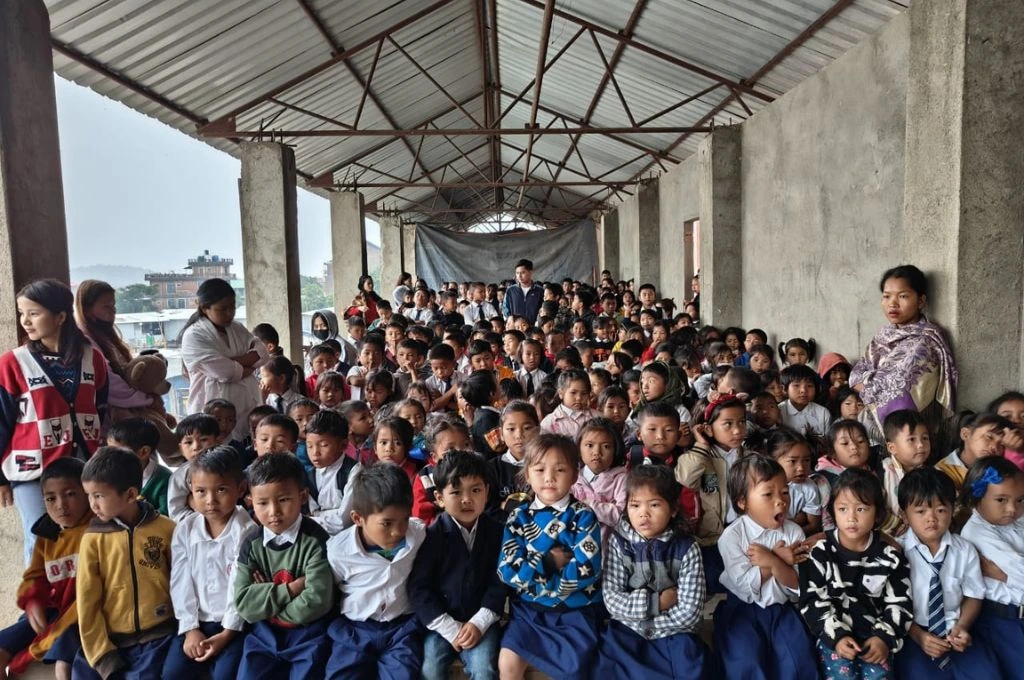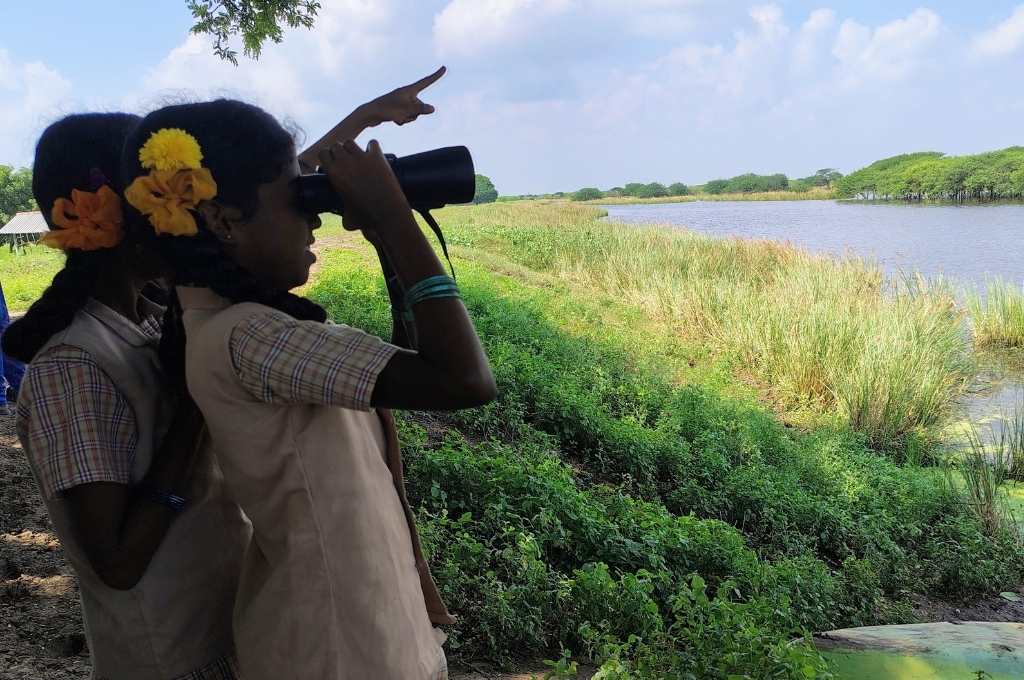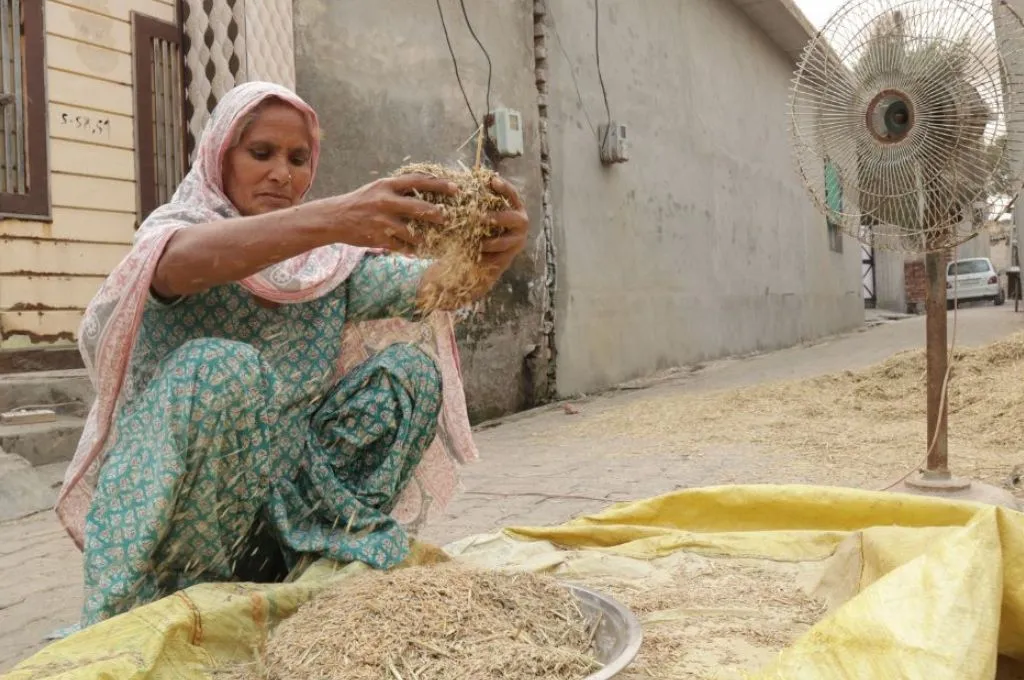READ THIS ARTICLE IN
Migrant worker starts a women’s self-help group in Jharkhand
“We get some free ration—either 5 kg of rice or 5 kg of atta (wheat flour) per head. But that’s about it. We don’t get any help, or any other provisions,” says Raunaq Parveen, a migrant worker from Hazaribagh in Jharkhand, about the support her family has received since June last year.
Raunaq was among the migrant workers forced to return to their villages during the 2020 lockdown and affected by the subsequent job losses in the wake of the COVID-19 pandemic. While Raunaq’s family had their ration cards, she noticed that a lot of women didn’t and were therefore unable to avail ration support.
She also noticed that several women were unemployed; with no livelihood opportunities, they were struggling to make ends meet or run their households. The only major source of employment was working as a seasonal farm labourer, a job where a failed crop or natural disaster could mean no work. This is despite the fact that some of the women, including Raunaq, are educated and capable of working as teachers.
In light of this uncertainty, exacerbated during the pandemic, the women in the village have been pushing for secure income sources. Raunaq decided to start an informal savings group with other women in her village. The 150-odd members of the group meet every Sunday, and add INR 100 every week to their collective savings box. The amount is available for members to borrow from any time, with an upper withdrawal limit of INR 5,200—the maximum each person would be able to save in a year. The savings amount has been reduced to INR 10 per person in the last few months. The women have not been able to save as much because of the lack of employment opportunities and, in some cases, loss of work due to the onset of monsoons.
Raunaq is also working to create and establish a formal self-help group, which will be eligible for government benefits and schemes. Until then, this savings group is allowing its members to meet their immediate needs, such as health and festival expenses of the family, while also learning about the power of collectives.
As told to IDR.
Raunaq Parveen is a graduate from Hazaribagh, Jharkhand.
—
Know more: Read about the work of a volunteer at a collective working to provide relief and advocate for systemic change for migrant workers.



